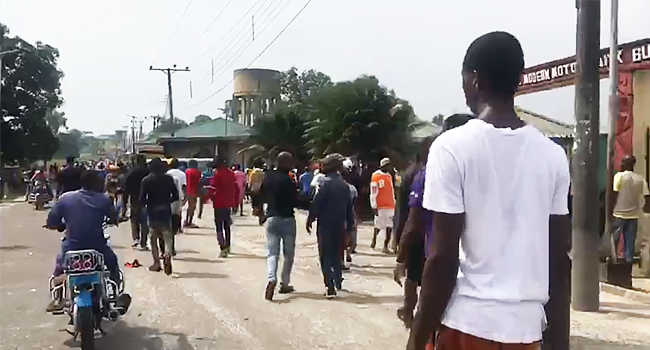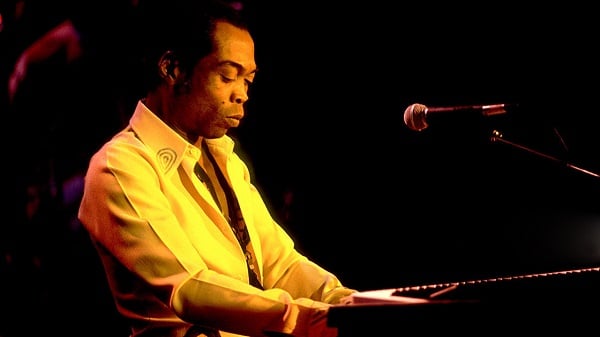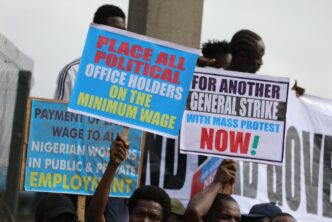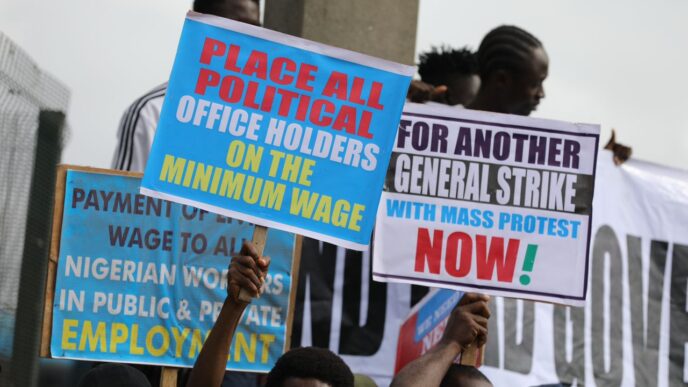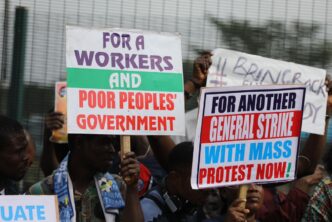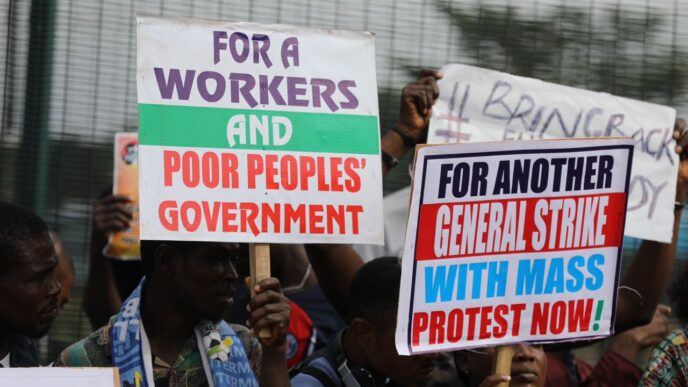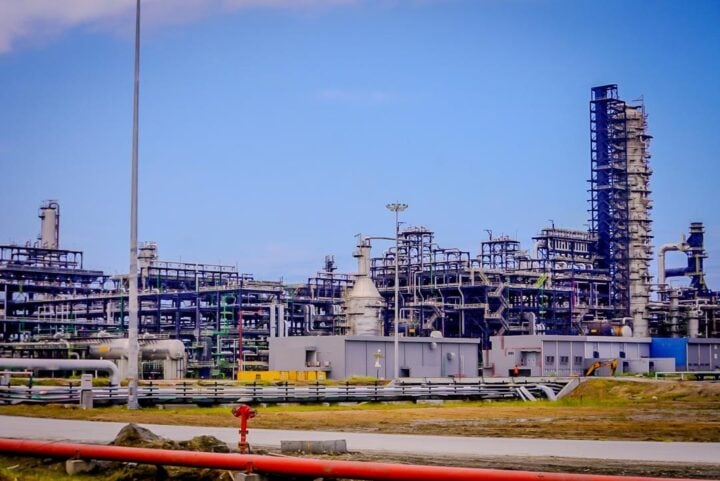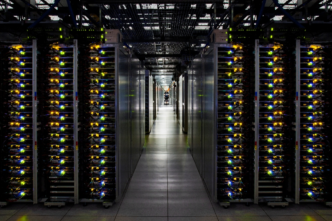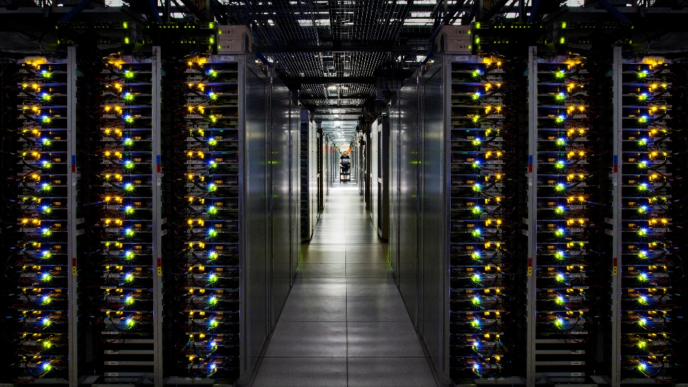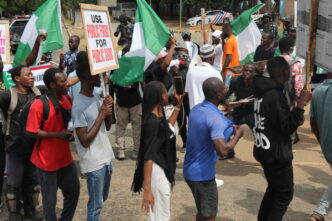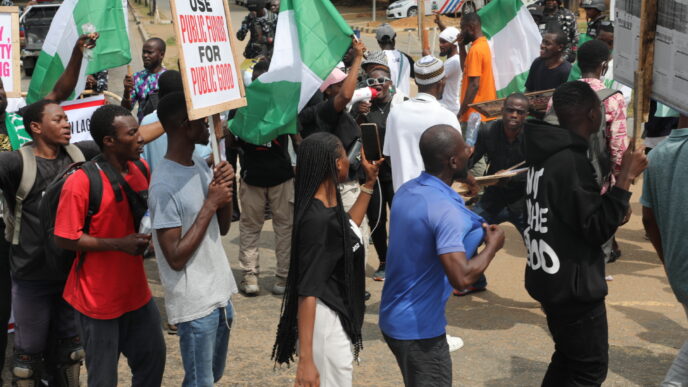File photo of youths protesting in Rivers
BY VICTORY OAIKHENE
1st August, 2024 has been nationally published as the date for the planned nationwide protest fueled towards the agitation of some citizens of Nigeria to End Bad Governance under the current Administration.
The NLC has denied being the organizers and the Senate, some Governor and Prominent Politicians have appealed to Nigerians to give this administration more time to stabilize the economy and do much more.
However, the Federal Government has said it is not sleeping on duty and has described the planned protest as a “Family Matter”. Now, are protests a family matter or constitutional?
Here is an overview,
Advertisement
Protests in Nigeria are constitutionally protected under several provisions of the Nigerian Constitution.
- Constitutional provisions
- Right to Freedom of Expression – Section 39: Every person shall be entitled to freedom of expression, including the freedom to hold opinions and to receive and impart ideas and information without interference.
- Right to Peaceful Assembly and Association – Section 40: Every person shall be entitled to assemble freely and associate with other persons, and in particular, he may form or belong to any political party, trade union, or any other association for the protection of his interests.
- Right to Freedom of Movement – Section 41: Every citizen of Nigeria is entitled to move freely throughout Nigeria and to reside in any part thereof, and no citizen of Nigeria shall be expelled from Nigeria or refused entry or exit therefrom.
- Legal Framework
There are also laws and legal interpretations that place certain restrictions to protests.
- Public Order Act – It empowers the police to regulate assemblies, meetings, and processions to prevent public disorder. It requires organizers to obtain a permit from the police before holding any public assembly or procession. However, many legal practitioners have argued that its provisions do not apply to our modern day democracy because the Act was first enforced during the Military regime.
- Police Act – It gives the Nigeria Police Force the authority to maintain law and order and to manage public gatherings. They can intervene if a protest threatens public peace.
- Criminal Code Act – It contains provisions against unlawful assemblies, riots, and breaches of peace as protests can sometimes turn violent or incite public disorder which can lead to criminal charges against arrested participants.
Judicial Interpretation
Advertisement
The Nigerian judiciary has played a significant role in interpreting the extent and limits of the right to protest. Various court cases have upheld the right to peaceful protest while also recognizing the state’s responsibility to maintain public order. Courts have sometimes ruled against the requirement of police permits for protests, emphasizing the constitutional right to assemble freely.
Here is what you should know about Protests in Nigeria and Practical Considerations
Protests are public demonstrations of objection, disapproval, or dissent toward an idea, action, or situation. They usually involve groups of people who share common concerns or grievances and they include symbolic acts, such as sit-ins, marches, or the use of specific colors or symbols to represent their cause.They are mainly conducted in public spaces to ensure visibility and to draw attention to a cause. While many protests are peaceful and nonviolent, some can escalate into confrontations with law enforcement or counter-protesters. Protests can last from a few hours to several days or even longer, depending on the circumstances and objectives. These public demonstrations often attract media attention, which helps amplify the message being conveyed.
Protests in Nigeria are often driven by a combination of political, economic, social, and cultural factors.
Advertisement
- Economic Challenges: High unemployment rates, poverty, and economic inequality are major drivers of protests.
- Corruption and Bad Governance: Widespread corruption in government and public institutions is a significant source of public discontent. Protests often call for transparency and accountability.
- Security Issues: Insecurity due to insurgency, banditry, and communal conflicts have led to numerous protests demanding better security.
Practical Considerations
- Role of the Police:
The police are often involved in managing protests to ensure they remain peaceful. However, there have been instances of the use of excessive force and human rights violations, leading to calls for police reform.
- Government Response:
The government’s response to protests can vary. Peaceful protests have sometimes been met with understanding, initiating dialogue and promising reforms however, the implementation of such reforms is often slow or incomplete but in recent times especially those perceived as politically sensitive, have faced crackdowns involving the use of police and military force, which have led to violence and casualties.
- Civil Society and Advocacy:
Civil society organizations and human rights advocates provide support to protesters, challenge unjust restrictions, and raise awareness about the importance of peaceful assembly.
Advertisement
- Global Solidarity:
Nigerian protests, especially those driven by social media, often receive international attention and support. The global diaspora plays a role in amplifying the voices of protesters with International organizations and foreign governments frequently raising concerns about human rights violations during protests and urging the Nigerian government to respect the rights of demonstrators.
The dynamics of Protests in Nigeria are complex and often interconnected, reflecting broader issues within Nigerian society. They are evidently constitutionally protected however, these rights are subject to certain restrictions aimed at maintaining public order. The balance between these rights and public order often depends on the actions of law enforcement and judicial interpretations.
Advertisement
Oaikhena writes from Abuja
Advertisement
Views expressed by contributors are strictly personal and not of TheCable.
Add a comment
